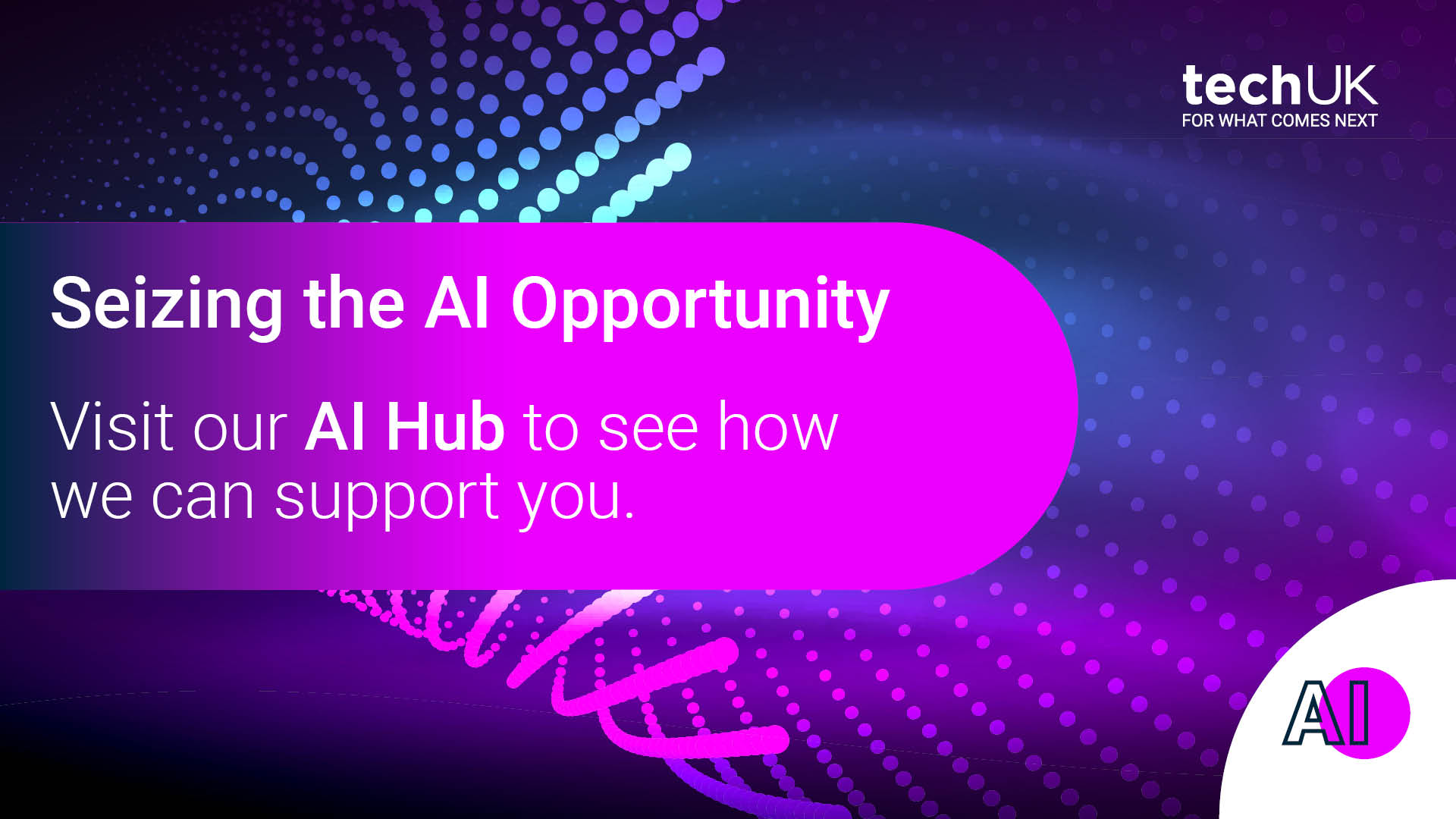Scaling AI Adoption: Top 5 Tips to Successfully Adopt AI in 2025
Artificial Intelligence (AI) has left the realm of science fiction. The United Kingdom, home to the world’s third largest AI sector, views the technology as a catalyst for productivity and better public services. By early 2024, 72 per cent of firms had experimented with generative AI, yet nearly two thirds struggled to move beyond pilots. As we move into 2025, the imperative is clear: organisations must transition from fragmented experimentation to confident, responsible adoption.
This next phase, marked by the emergence of agentic AI systems capable of sensing, planning, acting, and reflecting, is not merely about using more advanced tools. It is about fundamentally transforming the way work is performed. The focus must now shift from isolated trials to confident, widespread implementation. Below are five actionable tips to help organisations of any size unlock the full potential of AI in 2025.
1. Understand What AI Can and Cannot Do
AI's strength lies in its ability to process vast amounts of data, recognise patterns, and automate high-frequency, low-complexity tasks. 53% of people using language tools say they get more done each day. However, AI, particularly in its agentic form, must not be mistaken for human intelligence. It lacks emotional nuance, contextual judgment, and values-based reasoning
To use AI responsibly, treat AI as a decision support or thought-partner tool not a decision maker. Human oversight remains essential, especially in areas with regulatory, ethical or customer impact. When scoping opportunities, organisations should focus on the Three Circles of Agentic Opportunity: tasks that are high in repetition, rich in structured data, and guided by clearly defined goals. Trustworthy AI combines automation with critical thinking. Responsible adoption begins with clarity around both capability and constraint.
2. Start Small with a Clear Goal
Effective adoption starts with precision, not scale. The most successful AI implementations begin with controlled, high-impact use cases that are strategically aligned and operationally grounded. This might include automating basic customer service interactions, enhancing internal knowledge management, or introducing intelligent assistants to help with meeting summarisation or project documentation. These early steps are invaluable not only because they generate immediate returns, but because they allow organisations to develop the infrastructure, data quality, and skills needed for more complex use cases later. Adopting a phased implementation model where capabilities are built incrementally and validated at each stage, reduces risk and increases internal buy-in. Importantly, ensure your agentic tools are wellorchestrated. Scale should follow success, not precede it.
3. Embed Privacy, Fairness and Transparency
Trust underpins scalable AI adoption: 82% of UK citizens cite data control as a critical concern. To earn and maintain trust, organisations must go beyond regulatory compliance and build transparency into the DNA of their systems. AI agents should be auditable, their decision logic explainable, and their outputs regularly reviewed for fairness, bias, and accuracy. This is not just about risk avoidance. It’s about building enduring stakeholder confidence.
Integrating standards such as ISO 42001 can strengthen governance and reassure stakeholders. Governance should not be limited to the technology team. Frontline staff and operational leaders must understand where and how agentic AI operates, what data it uses, and what escalation paths exist when things go wrong. Trust is not granted by default but is earned through transparency and human alignment.
4. A Culture of Shared Learning Helps Empower People
The success of any AI initiative hinges on how people respond to it. One third of employees feel held back by limited AI knowledge and this leads to fear or resistance. Organisations that succeed with AI are those that take people on the journey with them. This means making AI relevant and accessible to all, not just technologists.
Introducing core concepts in practical contexts such as writing, customer service, or analytics can demystify the technology and spark curiosity. More importantly, create spaces for dialogue and experimentation. Involve frontline teams in the design, testing, and feedback loops of AI tools. This not only improves the utility of solutions, but creates emotional investment and a sense of agency.
By celebrating early wins and acknowledging early stumbles, organisations can foster a culture where learning from AI is continuous, not episodic.
5. Track Results and Iterate Continuously
Scaling AI requires more than a business case, it requires a mindset of constant exploration. Traditional metrics like time or cost savings are still useful, but increasingly, we must also measure AI’s impact on productivity, creativity, wellbeing, and learning. This concept of Human ROI reframes AI not as a cost cutter, but as an enabler of human potential. For example, tracking how much time employees gain back for strategic work, how digital literacy improves over time, or how job satisfaction changes when AI removes friction from daily tasks can offer deeper insights into long-term value.
A strong example is Ocado, the UK online grocer. They use AI to optimise deliveries and warehouse operations. By tracking outcomes like delivery times and packing efficiency, they improved performance and unlocked new capabilities.
From Pilots to Enterprise Scale
Scaling AI, especially agentic AI, requires organisations to move beyond tools and toward transformation. Scaling AI in 2025 demands clarity, governance and an iterative mindset. By combining clear objectives with responsible practices and continuous learning, organisations can transform isolated experiments into sustainable programmes that deliver real value to businesses, people and society.
techUK - Seizing the AI Opportunity
techUK supports the UK's AI revolution, empowering both public and private sectors to fully embrace the transformative potential of AI.
We bring together the vendor and buyer communities, showcasing the benefits of private sector AI adoption and the opportunities of AI-powered public services. Our aim is to unleash the vast potential of AI to create opportunities for businesses and society, so everyone can reap the benefits of this technological opportunity..
Get involved: techUK runs a busy calendar of activities including events, reports, and insights to demonstrate some of the most significant AI opportunities for the UK. Our AI Hub is where you will find details of all upcoming activity. We also send a monthly AI newsletter which you can subscribe to here.
Upcoming AI events
Latest news and insights
Subscribe to our AI newsletter
AI and Data Analytics updates
Sign-up to our monthly newsletter to get the latest updates and opportunities from our AI and Data Analytics Programme straight to your inbox.
Contact the team
Visit our AI Hub - the home of all our AI content:










